

Out of the Ashes(2010)
The rise of the Afghan cricket team. From refugees to the world stage.
Against a backdrop of war and poverty, Out of the Ashes, traces the extraordinary journey of a team of young, Afghan men, as they chase a seemingly impossible dream, shedding new light on a nation beyond that of burqas, bombs, drugs and devastation. This feature-length documentary follows the Afghan cricket team in their quest against the odds to qualify for the 2011 World Cup, premiering at the Edinburgh International Film Festival on 17th June. Backed by BBC Storyville and Oscar-winning director and cricket fan, Sam Mendes, 'Out of the Ashes' follows the squad over two years as they go from playing in their shalwar-kameezes on rubble pitches to batting their way around the globe and up the international league tables.
Movie: Out of the Ashes
Top 6 Billed Cast
Himself - The Big Hitter
Himself - The Joker
Himself - The Rookie
Himself - The Coach
Himself - The Captain
Himself - The President

Out of the Ashes
HomePage
Overview
Against a backdrop of war and poverty, Out of the Ashes, traces the extraordinary journey of a team of young, Afghan men, as they chase a seemingly impossible dream, shedding new light on a nation beyond that of burqas, bombs, drugs and devastation. This feature-length documentary follows the Afghan cricket team in their quest against the odds to qualify for the 2011 World Cup, premiering at the Edinburgh International Film Festival on 17th June. Backed by BBC Storyville and Oscar-winning director and cricket fan, Sam Mendes, 'Out of the Ashes' follows the squad over two years as they go from playing in their shalwar-kameezes on rubble pitches to batting their way around the globe and up the international league tables.
Release Date
2010-10-29
Average
0
Rating:
0.0 startsTagline
The rise of the Afghan cricket team. From refugees to the world stage.
Genres
Languages:
پښتوEnglishKeywords
Similar Movies
 6.9
6.9Olympia: Part One – Festival of the Nations(de)
Commissioned to make a propaganda film about the 1936 Olympic Games in Germany, director Leni Riefenstahl created a celebration of the human form. This first half of her two-part film opens with a renowned introduction that compares modern Olympians to classical Greek heroes, then goes on to provide thrilling in-the-moment coverage of some of the games' most celebrated moments, including African-American athlete Jesse Owens winning a then-unprecedented four gold medals.
 6.7
6.7Olympia: Part Two – Festival of Beauty(de)
Commissioned to make a propaganda film about the 1936 Olympic Games in Germany, director Leni Riefenstahl created a celebration of the human form. Where the two-part epic's first half, Festival of the Nations, focused on the international aspects of the 1936 Olympic Games held in Berlin, part two, The Festival of Beauty, concentrates on individual athletes such as equestrians, gymnasts, and swimmers, climaxing with American Glenn Morris' performance in the decathalon and the games' majestic closing ceremonies.
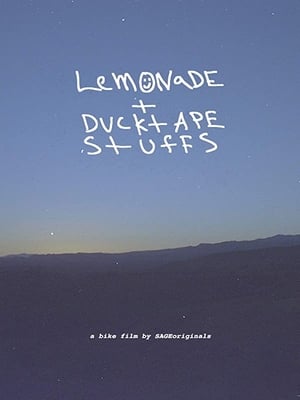 4.0
4.0Lemonade + Ducktape Stuffs(en)
Lemonade and Ducktape Stuffs is a film about quitting. Giving up on the everyday routine and having fun. It was time to say farewell to appeasing the masses and check out. It's not easy. Actually it's really hard. Thats what makes it right. This how we want to be remembered.
 6.8
6.8Germany: A Summer's Fairytale(de)
A documentary of the German national soccer team’s 2006 World Cup experience that changed the face of modern Germany.
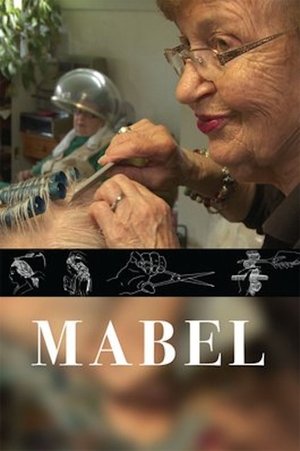 0.0
0.0Mabel(en)
Feisty, fiercely independent and firmly rooted in place, 90 year-old Mabel Robinson broke barriers back in the 40s when she became the first woman in Hubbards, Nova Scotia, to launch her own business—a hairdressing salon where she still provides shampoo-n-sets over 70 years later. Weaving animation and archival imagery with intimate and laugh out loud moments in the salon, the film celebrates the power of friendship, doing what you love and staying active. With no desire to retire anytime soon, Mabel gives voice to a generation who are not front and center of cinema or the pop hairstyles of the day, and subtly shifts the lens on our perception of beauty and the elderly.
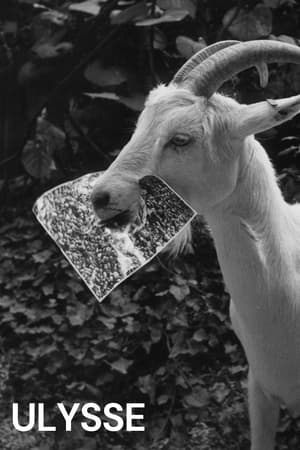 6.7
6.7Ulysse(fr)
At the sea shore, a goat, a child, and a naked man. This is a photograph taken in 1954 by Agnès Varda. The goat was dead, the child was named Ulysses, and the man was naked. Starting from this frozen image, the film explores the real and the imaginary.
 10.0
10.0The Vanquishing of the Witch Baba Yaga(ru)
A descent into Eastern Europe's haunted woodlands uncovers the secrets, fairy tales, and bloody histories that shape our understanding of man's place in nature.
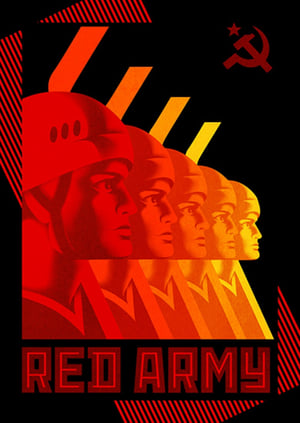 7.3
7.3Red Army(en)
A documentary highlighting the Soviet Union's legendary and enigmatic hockey training culture and world-dominating team through the eyes of the team's Captain Slava Fetisov, following his shift from hockey star and celebrated national hero to political enemy.
 7.0
7.0Land Without Bread(es)
An exploration —manipulated and staged— of life in Las Hurdes, in the province of Cáceres, in Extremadura, Spain, as it was in 1932. Insalubrity, misery and lack of opportunities provoke the emigration of young people and the solitude of those who remain in the desolation of one of the poorest and least developed Spanish regions at that time.
 6.8
6.8Megacities(en)
Megacities is a documentary about the slums of five different metropolitan cities.
 7.5
7.5XV Beyond the Tryline(en)
A behind the scenes look at the sport of rugby with the 2015 Rugby World Cup as a backdrop, featuring interviews from players, coaches, referees and fans.
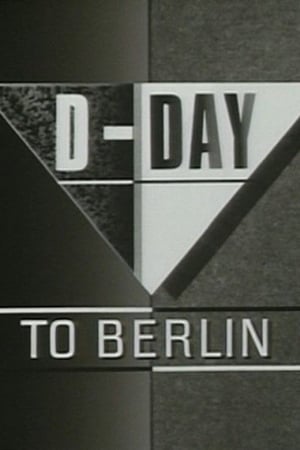 7.5
7.5D-Day to Berlin: A Newsnight Special(en)
George Stevens's remarkable film is acclaimed by historians as the most important colour footage taken during the war. Milestones covered include the liberation of Paris, the link-up between the Russian and American armies on the River Elbe and the Allied capture of the Dachau concentration camp.
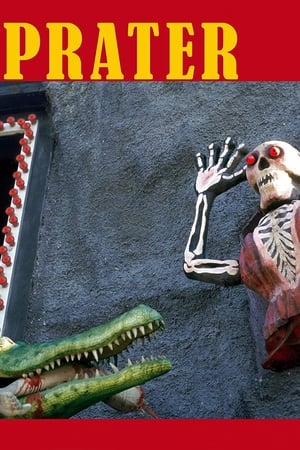 5.8
5.8Prater(de)
Vienna’s Prater is an amusement park and a desire machine. No mechanical invention, no novel idea or sensational innovation could escape incorporation into the Prater. The diverse story-telling in Ulrike Ottinger’s film “Prater” transforms this place of sensations into a modern cinema of attractions. The Prater’s history from the beginning to the present is told by its protagonists and those who have documented it, including contemporary cinematic images of the Prater, interviews with carnies, commentary by Austrians and visitors from abroad, film quotes, and photographic and written documentary materials. The meaning of the Prater, its status as a place of technological innovation, and its role as a cultural medium are reflected in texts by Elfriede Jelinek, Josef von Sternberg, Erich Kästner and Elias Canetti, as well as in music devoted to this amusement venue throughout the course of its history.
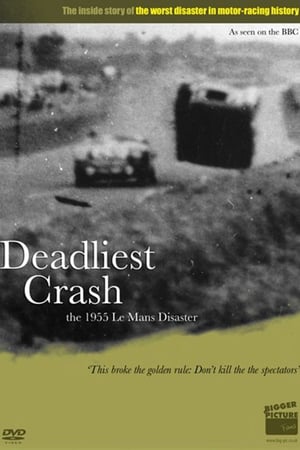 7.0
7.0Deadliest Crash: The Le Mans 1955 Disaster(en)
Three years in the making in conjunction with the BBC. Using never seen before home movies, photos and eye witness accounts - this is the inside story of the world's biggest motorsport disaster.
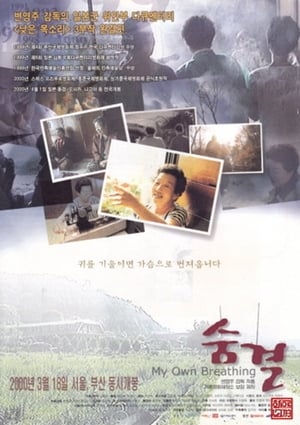 5.5
5.5My Own Breathing(ko)
"My Own Breathing" is the final documentary of the trilogy, The Murmuring about comfort women during the World War II directed by BYUN Young-joo. This is the completion of her seven years work. BYUN's first and second documentaries spoke of grandmothers' everyday life through the origin of their torment, while My Own Breathing goes back to their past from their everyday life. Deleting any device of narration or music, the camera lets grandmothers talk about themselves. Finally, the film revives their deep voices trampled by harsh history.
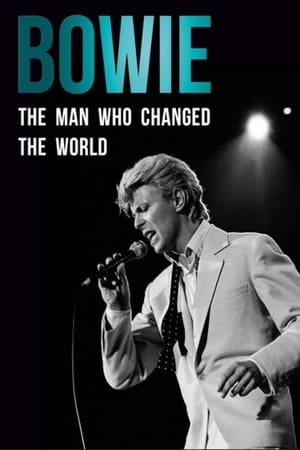 5.7
5.7Bowie: The Man Who Changed the World(en)
Experience an inside look at David Bowie's incredible influence on music, art and culture via interviews with some of the people who knew him best.
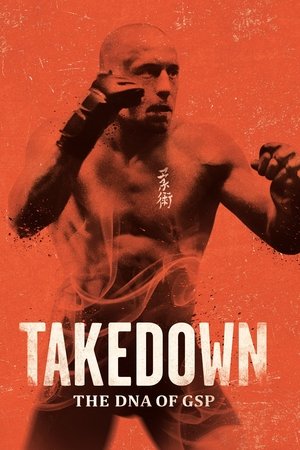 6.0
6.0Takedown: The DNA of GSP(en)
A look at the life and career of Ultimate Fighting Champion's welterweight world champ Georges St-Pierre, also known as "GSP".
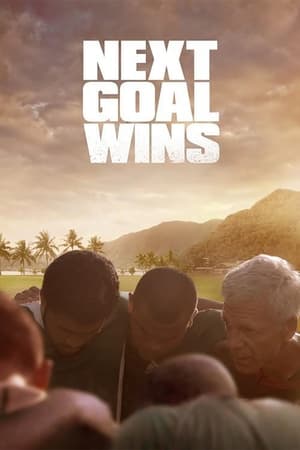 7.1
7.1Next Goal Wins(en)
An inspirational story about the power of hope in the face of seemingly insurmountable odds, and an object lesson in what it really means to be a winner in life.
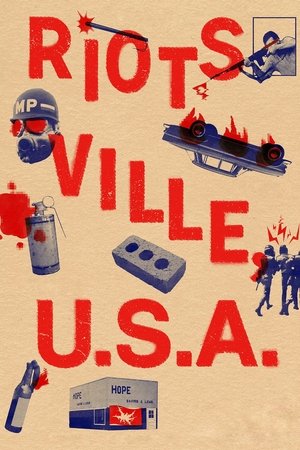 6.2
6.2Riotsville, USA(en)
An archival documentary about the U.S. military’s response to the political and racial injustices of the late 1960s: take a military base, build a mock inner-city set, cast soldiers to play rioters, burn the place down, and film it all.
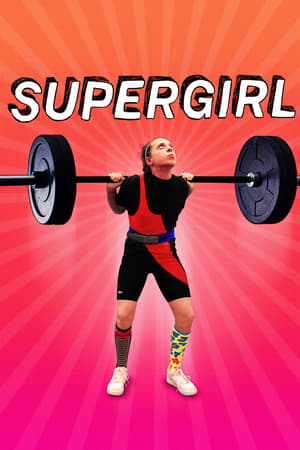 6.6
6.6Supergirl(en)
Naomi seems like a typical nine-year-old girl, until her passion for powerlifting transforms her life with world record-breaking championships and national news headlines. Supergirl explores Naomi’s coming-of-age journey as she and her Orthodox Jewish family are changed forever by her inner strength and extraordinary talent.